Opinion: MoCo LGBTQ+ opt-out debate should focus on facts, not misrepresentations
Exclusion loophole could eventually include race, immigration status and evolutionary biology.
by David S. Fishback and Mark Eckstein
As long-time residents of Montgomery County who had or have children in its public schools, we have watched with dismay as an ugly debate threatens to unfold in our community over inclusive storybooks with LGBTQ+ characters. At issue is whether the Montgomery County Public Schools (MCPS) should permit parents to pull their kids out of class whenever a storybook with an LGBTQ+ character is read.
Because of the importance of this issue, it is essential that the public understand the falsity of claims that have been asserted by some organizations asserting that parents have the absolute right under MCPS policy and state law to opt their children out of class when such storybooks are used. The arguments are centered around three incorrect assumptions.
The first is that the LGBTQ+ inclusive storybooks constitute sexuality education, within the distinct Family Life and Human Sexuality Curriculum. That is simply not the case. Rather, the storybooks are part of an effort by MCPS to bring into basic reading lessons a wide range of identities that are part of the diverse MCPS community.
This program is vital so that students learn to understand and therefore respect people who may not be exactly like them, and to assure that students — particularly those from families who in the past have been ignored or marginalized in curriculum — know that they belong. As one parent pointed out recently when testifying before the Board of Education, “Prince and Knight is no more about gay sex than Cinderella and Snow White are about heterosexual sex.”
The second incorrect assumption is that progressive places like Illinois and Oregon use the sort of opt-out recently sought by some parents. They do not. The Illinois and Oregon opt-outs, like the Maryland opt-out, are limited to sexuality education in health education curricula. They do not provide for opt-outs any time something is said about LGBTQ+ people. So neither Illinois, Oregon, nor Maryland provide for the kind of opt-out now sought.
Consequently, the third incorrect assumption is that MCPS somehow took away a long-standing right to opt-out. It did not. MCPS never had a policy that gave parents the right to have their children opt-out of any part of the curriculum, other than classes on sexuality education.
Such a right has only extended to the Family Life and Human Sexuality Curriculum. Since reading lessons using storybooks that include people with LGBTQ+ identities are not part of sexuality education any more than using storybooks including people with straight and cisgender identities, it is incorrect to assert that the mandatory opt-out option for the Family Life and Human Sexuality Curriculum ever could be applied to these lessons.
It is simply incorrect to suggest that MCPS reversed a long-standing system-wide policy by its action earlier this year specifically barring opt-outs from these reading lessons. It is true that several months ago, some school staff thought the requested opt-outs could be granted as a “reasonable and feasible adjustment” to accommodate requests made on religious grounds.
But the MCPS Guidelines for Respecting Religious Diversity provide, at p. 4, that “Schools are not required to alter fundamentally the educational program . . . to accommodate a student’s religious practice or belief.” MCPS quickly understood that the opt-outs requested here would not be feasible and would undercut an important part of its educational program.
Such opt-outs would negatively and fundamentally impact MCPS’s Nondiscrimination, Equity, and Cultural Proficiency Policy (ACA) which makes it clear that MCPS’s policy is to embrace all its students, and to not stigmatize any group. Opt-outs from the LGBTQ+ related storybooks would inevitably stigmatize children who are or may be LGBTQ+ or are members of families with LGBTQ+ members. We further note that such permission also would open the door to all kinds of opt-outs on matters concerning race, immigration status and even evolutionary biology.
It is important that the public understand the full ramifications of the current “opt-out” debate and its disturbing implications. At best, opponents of inclusive books in the regular MCPS curriculum are arguing that it is a “sensitive” or controversial decision to treat LGBTQ+ kids and LGBTQ+ families like anyone else. At worst, they are arguing it is damaging, sinful and wrong to do so. Either way, MCPS is right to continue its policy.
